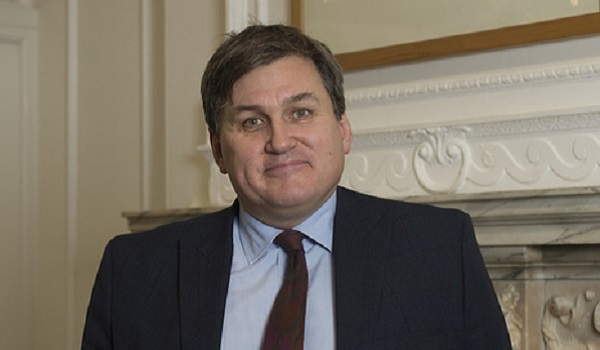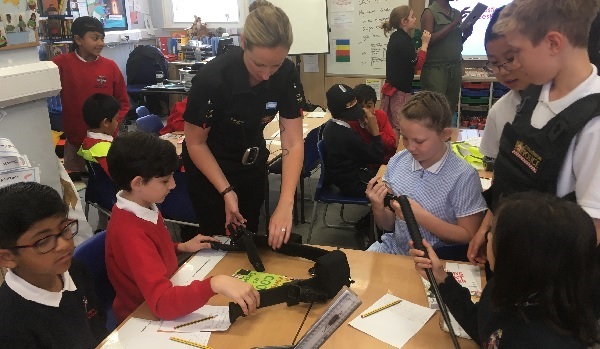Merger abandoned amid precept acrimony
A police and crime commissioner (PCC) has defended her decision to withdraw from merger discussions after being accused of blaming the Home Office for blocking the deal.
Devon and Cornwall PCC Alison Hernandez confirmed that a full business case for the merger with Dorset Police would not be submitted to the Home Office and said the “huge disruption” was not worth the “relatively minor savings [a merger] would deliver”.
Devon and Cornwall police and crime panel overwhelmingly supported her view, voting 12:4 to halt discussions and continue with the current strategic alliance.
After the panel meeting on October 5, Ms Hernandez said: “I needed to be sure we were making the right decision for our communities and to have the support of the panel tells me that merging the two police forces is not in the best interests of the people of Devon, Cornwall and the Isles of Scilly,” she said.
However, Dorset PCC Martyn Underhill, who was strongly in favour of the proposals, along with both chief constables, accused Ms Hernandez of incorrectly stating the Government position on precept equalisation, required for the merger to be agreed by the Treasury, but a major point of contention during the consultation.
Ms Hernandez said she would have liked to ‘equalise up’ – raising precepts in Devon and Cornwall by £18 to match Dorset’s level for a Band D property, instead of harmonising somewhere in the middle. The aim would have been to significantly increase local taxation with a view to making efficiencies from a merger that allow future increases to be kept low.
The extra income would have paid for 330 extra officers, investment residents overwhelmingly agreed to support in a consultation in February, she said.
However, in July, her Treasurer met with Home Office officials and returned “with clear guidance this would not have been acceptable – guidance supported by detailed minutes of meetings.
Mr Underhill claimed the equalising up option was not included in the proposals at Ms Hernandez’s request, as “despite clearly stating that this is her preferred model, the Devon & Cornwall PCC has rejected the suggestion to include this in the list of preferred models” on the basis it had been blocked by the Home Office.
“The Devon & Cornwall PCC is incorrect in her subsequent assessment of the Home Office position, and is incorrect to withdraw the business case before it can be formally considered,” he added.
A spokesperson for the Home Office said: “It is a matter for the PCCs involved whether to put forward a proposal for a merger and it is ultimately up to them to decide what is included in the business case.
“As yet we have not received a business case. It is therefore incorrect to say that we have blocked any proposal to increase the number of officers for Devon and Cornwall Police.
“Any public sector bodies with the power to set council tax that wish to merge must have a clear plan for equalising any differences in Council Tax before the Government can support it. This includes any police forces that may wish to merge.
“In those circumstances, the Home Office would expect forces to demonstrate that their proposals for council tax precepts are viable and affordable to local Council Tax payers whilst providing sufficient funds to maintain services.”
Potential efficiencies from the merger were estimated at £37.5 million more than continuing with the current strategic alliance and more than £70 million in total over ten years.
But Ms Hernandez said a full merger would save less than one per cent of the new force’s annual budget – “If all went as well as could be expected. This would be just enough for 70 officers across Devon and Cornwall – across all those miles, across all those shift patterns. I am not sure that number would make a difference significant enough to justify all the work and distraction that a merger would represent”.







